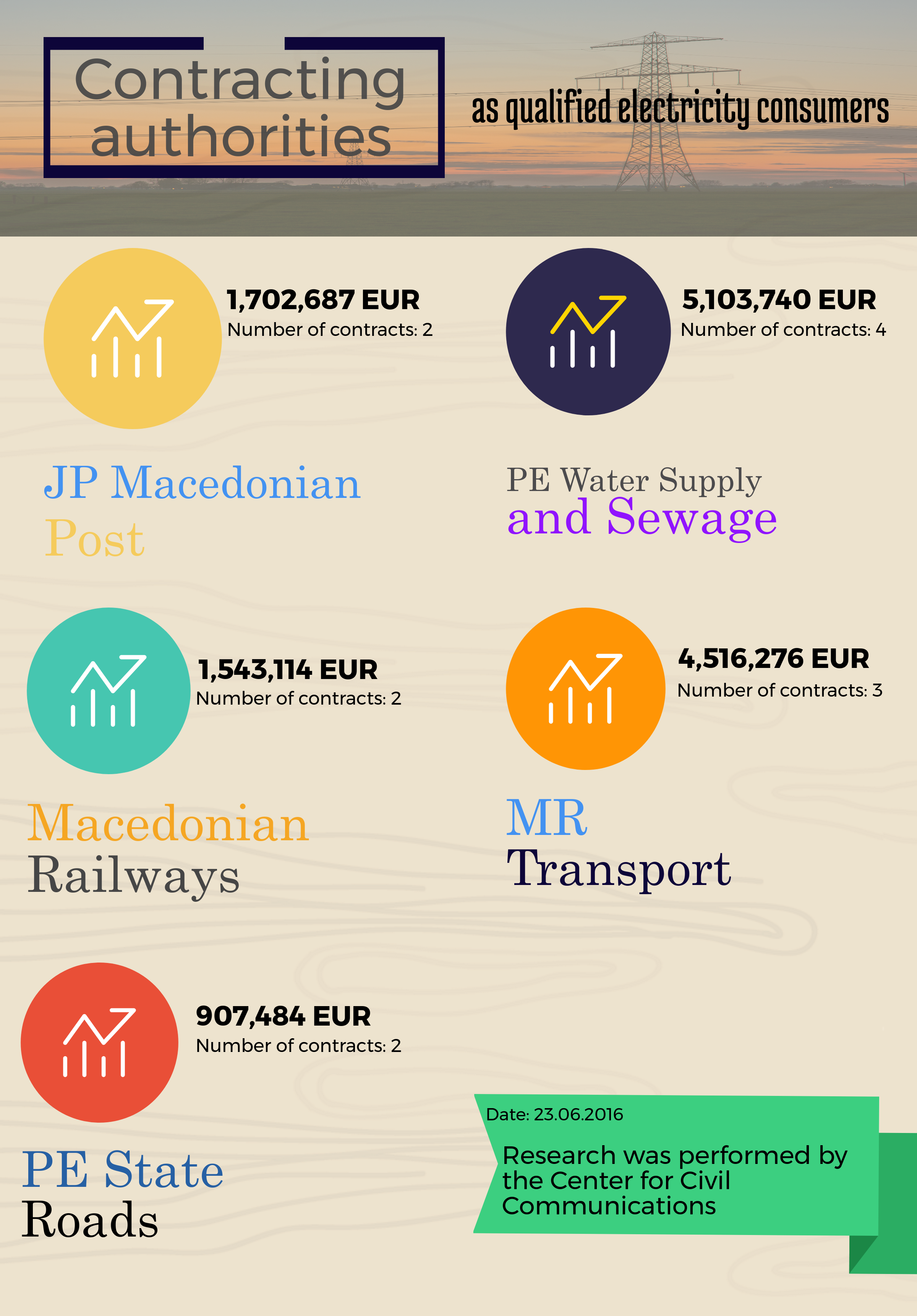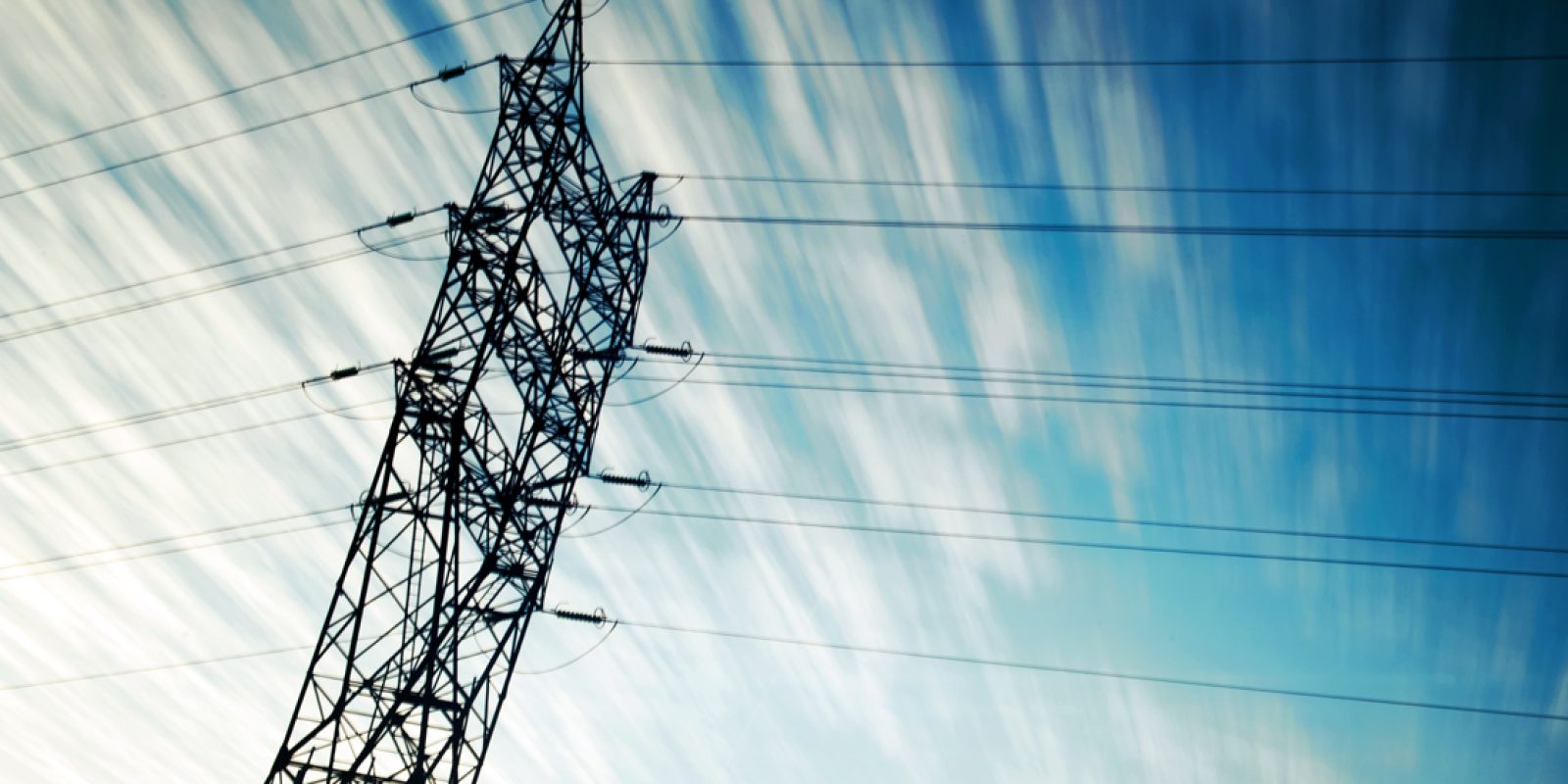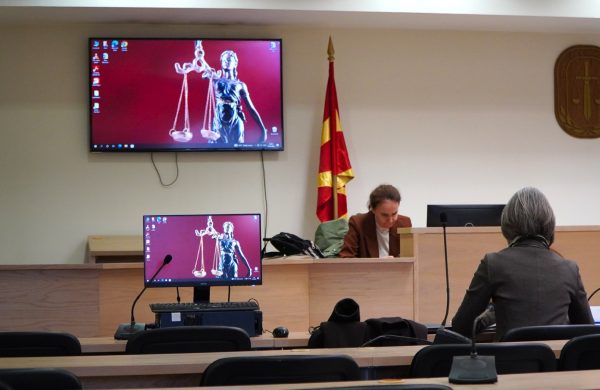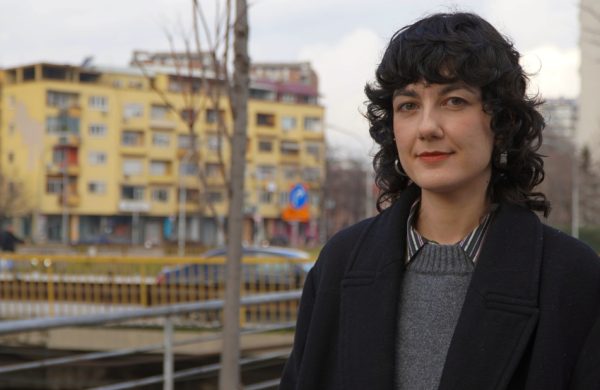In the first two years of the second stage of electricity market liberalization (April 2014 – April 2016), 22 state enterprises appeared as electricity buyers on the open market, and only 4 private companies appeared as electricity suppliers. In the analysed period, a total of 45 energy supply contracts were signed, in total value of 1.1 billion MKD, i.e. 18.2 million EUR.
The research shows that the right to purchase electricity on the open market was used by 22 from potential 28 state enterprises which, according to estimates made by the Energy Regulatory Commission, fulfilled the relevant terms and conditions in April 2014. It is a matter of the second stage of electricity market liberalization in which companies with more than 50 employees and annual turnover of more than 10 million EUR become qualified to purchase electricity on the open market.

The highest amount of funds spent for electricity purchase is noted with the Skopje-based PE Water Supply and Sewage. This public enterprise has signed 4 contracts in total value of around 314 million MKD, i.e. 5.1 million EUR. The first one-year contract was signed on 30th April 2014, followed by two annexes to the basic contract, and the fourth contract was signed in August 2015 for a period of 12 months. All electricity supply contracts of PE Water Supply and Sewage – Skopje are signed with the company Mist Energy LLC Skopje.
Second on the rank list of biggest electricity consumers is Macedonian Railways – Transport, which signed three electricity supply contracts in the period 2014-2016. First contract was signed in June 2014, the second in September 2015, and the third contract – which is still valid – was signed in December 2015 in duration of one year. Total value of all contracts signed by Macedonian Railways – Transport amounted to around 280 million MKD, i.e. 4.5 million EUR. All contracts were signed with the company Future Energy import-export LLC Skopje.
Next on the list is JSC Macedonian Post which signed two electricity supply contracts, of which the first dates from August 2014, for period of one year, and the second dates from September 2015, for period of two years. Total value of these contracts amounts to 105 million MKD, i.e. 1.7 million EUR. Both contracts of Macedonian Post were signed with the company Mist Energy LLC Skopje.
Top 5 state institutions that have signed electricity supply contracts in highest value include Macedonian Railways – Infrastructure, in the amount of 1.5 million EUR for a period of two years, and PE State Roads, in the amount of 907 thousand EUR for a period of two years.
Mist Energy from Skopje has the highest number of electricity supply contracts
On the supply side, four companies appear as supplies of electricity to state institutions: Mist Energy Skopje, Future Energy import-export Skopje, Energy Delivery Solutions EDS Skopje and EVN Macedonia Electricity Supply Skopje.
Link to the analysis of energy supply contracts:
The diagram shows total value and number of contracts signed between given electricity supplier and state enterprise, which are displayed after scrolling with the mouse over the link (line connecting the supplier with the contracting authority). To see the names of state enterprises zoom the squares.
At the level of individual electricity supply companies, Mist Energy Skopje has banked the most from sales of electricity to state enterprises covered by the second stage of market liberalization. This company has signed total of 16 contracts in the value of 590 million MKD, i.e. 9.6 million EUR.
It can be concluded that 53% of the total value of contracts signed by state enterprises in the last two years belong to this Skopje-based company.
Next on the list is Future Energy import-export Skopje, which has signed a total of 15 electricity supply contracts with state enterprises in the value of 400 million MKD, i.e. 6.5 million EUR. The market share of this electricity supplier among state enterprises accounts for around 36%.
Hence, it can be concluded that despite the market liberalization, 89% of funds spent by state enterprises for electricity purchase in the last two years have ended up with these two companies.
Next is Energy Delivery Solutions EDS Skopje, which has signed 8 contracts in total value of 68 million MKD, i.e. 1.1 million EUR. This company’s share in total value of contracts signed with state enterprises in the last two years accounts for only 6%.
The lowest number of electricity supply contracts with state enterprises was signed by EVN Macedonia Electricity Supply Skopje, in the value of 59 million MKD, i.e. around 965 thousand EUR. Hence, the share of this company in total value of these contracts is only 5%.
Market liberalization improved the business for electricity traders
The company with the highest number of electricity supply contracts with state enterprises – Mist Energy Skopje, is marked by highest increase in revenue, but in general the highest revenue in this business are observed with Energy Delivery Solutions EDS Skopje. This is shown in 2015 annual balance sheets of these companies, obtained from the Central Register, according to which the four companies with whom state enterprises have signed electricity supply contracts have increased their revenue from sale in the last year by 15% to 92%.
According to these findings, two companies that appear as dominant electricity suppliers to state enterprises are not the main participants in the overall electricity market.
Namely, last year the highest revenue was reported by Energy Delivery Solutions EDS Skopje in the amount of 87.2 million EUR, which is by 14.9% higher compared to 2014. EVN Macedonia Electricity Supply Skopje banked annual revenue in the amount of around 24.9 million EUR, which is by 28% higher than the previous year. The company Future Energy import-export Skopje reported income in the amount of 5.6 million EUR, i.e. by 50.6% more than in 2014, while Mist Energy Skopje generated revenue in the amount of 2.5 million EUR, representing an increase by 92%.
As regards 2015 financial results, three of the four companies reported profits, and one of them reported financial losses.
The highest profits in 2015, amounting to more than 1 million EUR, was reported by Energy Delivery Solutions EDS Skopje, but compared to profits reported in the previous years, they are reduced by around 40%. Future Energy import-export Skopje reported financial gain in the amount of around 336 thousand EUR, which is five times more than in 2014. Mist Energy Skopje generated financial profits in the amount of 135 thousand EUR, which are 20 times higher than the previous year. Financial losses were reported only by EVN Macedonia Electricity Supply which, prior to the market liberalization, held a monopoly position on the electricity supply market. In 2015, financial losses of EVN Electricity Supply amounted to around 887 thousand EUR.
Did market liberalization enable cheaper electricity for state enterprises?
Notifications on electricity supply contracts signed by state enterprises do not show the quantity of electricity they have purchased and therefore it is impossible to calculate whether the two-year period of market liberalization has enabled cheaper or more expensive electricity for state enterprises.
Nevertheless, one research effort of the Center for Civil Communications preformed as part of the Index of Rationality no. 11 targeted electricity procurement for the purpose of assessing the initial effects from liberalization of electricity trade in 2014. Development of this index targeted all 16 state institutions which have announced electricity procurement notices in the first four months of 2014. In that, the index was based on electricity prices attained by 11 institutions, as PE Macedonian Forests, PE Macedonia Road and PE Water Supply – Kumanovo have annulled their respective tender procedures, while PE Macedonian Railways – Transport and PE Tetovo did not respond to submitted information requests.
The research showed significant differences in price for electricity supply in the range from 3.46 MKD to 6.25 MKD per 1 KWh of electricity. The ratio between the lowest and the highest price was 1:1.81, meaning that PE Macedonian Railways – Infrastructure has purchased electricity at price that is by 81% higher than the price attained by PE Macedonian Broadcasting.
The average electricity price paid by institutions was calculated at 4.53 MKD per 1 KWh of electricity. In that, eight institutions paid electricity at prices lower than the average, while three of them paid electricity at prices higher than the average price.
At this moment, there are no official data on electricity price per KWh paid by state-owned enterprises in the first two years from market liberalization. Although this research targeted only state enterprises, the second stage of electricity market liberalization also covered around 250 private companies that fulfil terms and conditions i.e. have more than 50 employees and annual turnover in the amount of more than 10 million EUR. On that account, they have acquired the right to freely choose whether they want to purchase electricity on the open market or remain part of the old model of electricity supply at regulated price. It has been assessed that market liberalization brought about global reduction of electricity price, but having in mind that state enterprises are spending public funds for that purpose a more detailed analysis is needed of the effect of liberalization of this market segment.
The third stage of electricity market liberalization starts on 1st July 2016, whereby the right to purchase electricity on the open market will be given to total of 158 companies and state institutions, which in the previous year have consumed more than 1,000 MWh of electricity. Market liberalization should be completed by 2020, with the opening of electricity market for households.
Data presented in Excel format are available here.








